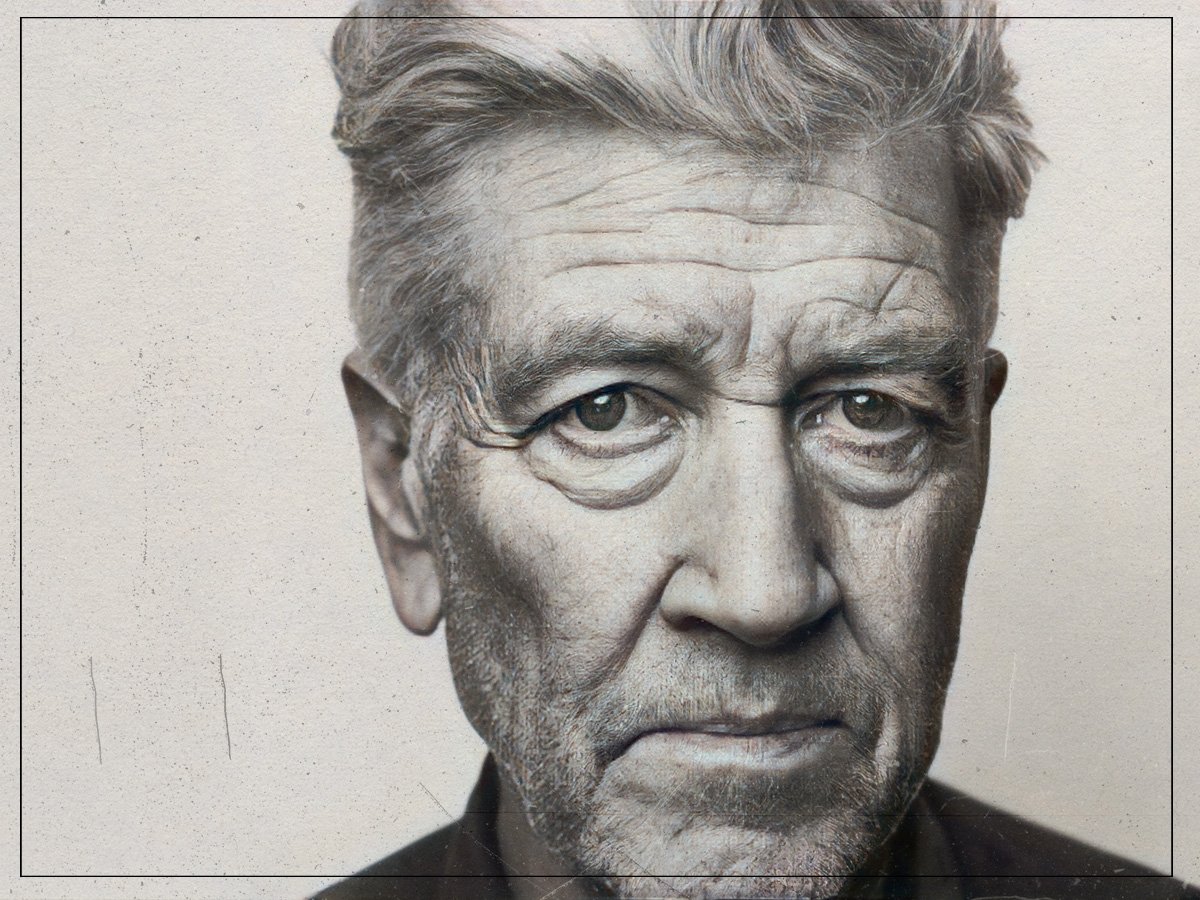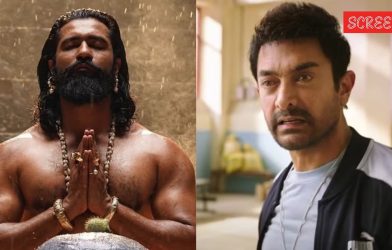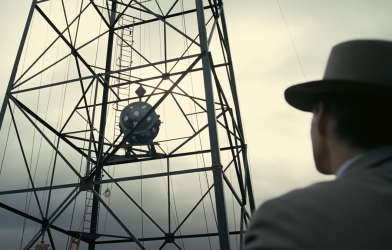
(Credits: Far Out / Manchester International Festival)
Whenever any person watches a movie and decides it’s good enough to be labelled as the best they’ve ever seen, it takes a lot to unseat it from such a lofty position. Some folks hold onto their favourite for the majority of their adult lives, and David Lynch has proven himself to be among that number.
Based on nothing but his own filmography, it wouldn’t be the craziest thing in the world for the originator of Lynchian cinema to view an offbeat, experimental, existential, or altogether bizarre film as being worthy of a spot at the top of his personal pile, but the filmmaker has instead opted for a more classical choice.
The distinctive mind behind such flights of phantasmagorical fantasy as Eraserhead, Blue Velvet, and Inland Empire has never been one to play by the conventional rules of cinema, with Lynch’s unique approach to his work gaining him the well-earned reputation of possessing an artistic mind like few others in the industry.
Whether it’s his feature-length back catalogue, the mind-melting shenanigans of Twin Peaks, his forays into the art world, his staunch devotion to transcendental meditation, or his much-missed updates on the weather, Lynch is a singular auteur in a cutthroat business that somehow can’t convince itself funding his projects is an investment worth making despite everything he’s achieved.
The closest he’s come to addressing the medium of cinema head-on came through on Mulholland Drive, which explores the dark side of the Hollywood dream and the huge amount of luck required to make it in a world where there’s danger and darkness lurking behind almost every corner.
Lynch was quick to shoot down any theories that it was autobiographical in any way, though, but he did admit to Filmmaker Magazine that he was at least partially inspired by one of his own favourites. “It had nothing to do with it,” he said of his own encounters. “I can relate to it, but it didn’t come from personal experiences.”
“Sunset Boulevard is one of my favourite films. It’s about Hollywood, but not the whole truth of Hollywood,” he explained. “The ideas lead us into a section of the world of Hollywood, the characters are not representational of actors, they’re just these particular actors, or directors, or whatever.”
Billy Wilder’s blackly comic and 11-time Academy Award-nominated film noir follows an ageing silent film performer enlisting a writer to help facilitate her comeback in the age of the talkie, only for the scribe to carry an ulterior motive that backfires in a spiralling situation of violence, death, and despair. Not too dissimilar from Mulholland Drive on a superficial level, then, with Lynch channelling Sunset Boulevard in some small way, whether it was intentional or not.









